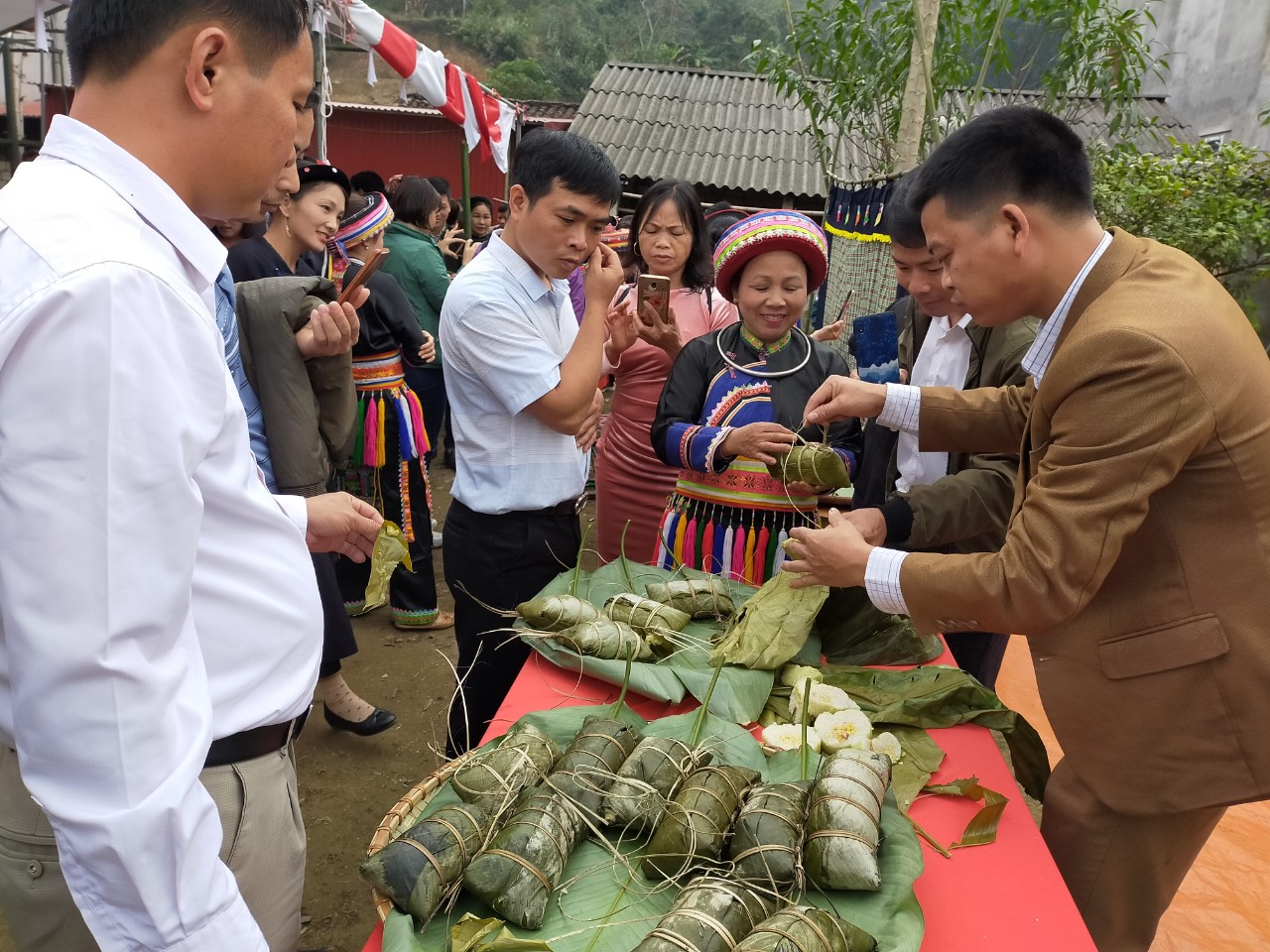by Vietnam Farmers’ Union (VNFU)
Description
Climate change has become a prominent issue, negatively affecting socio-economic and environmental activities in many regions of the world which makes the frequency and intensity of natural disasters. Currently, Vietnam is still an agricultural country with about 70% of the population being farmers and most of the land located in rural areas, where people’s lives depend mainly on natural resources and self-reliance. Moreover, agricultural and forestry production in Vietnam is still mostly small-scale with negligible scientific and technological investment. It means that agri-forestry production is still heavily dependent on natural conditions and complex ecosystems.
Despite such threats, an approach for establishing sustainable forest and farm product-based enterprises has strengthened the resilience of local farmers through a structured process of market analysis and development approach initially around the cinnamon value chain. They have then started to diversify products. They have also started to diversify into additional and alternative value chains to gain further resilience. This development process over the past three years has drawn heavily on the determination of its cooperative members. The starting point for this cooperative was 4 small farmer groups growing cinnamon amongst many other crops, with 3-11 households/ per group. They sold product individually at low and precarious prices. Their natural resource management was rudimentary, and they faced various difficulties (some linked to climate change as described above). In 2015, the Viet Nam Farmers Union (VNFU) started to work with the Forest and Farm Facility (FFF) Programme, a partnership between FAO, IIED, IUCN and Agricord. Three years later, there is a remarkably different situation. In 2017 they worked together to establish a single formalised cooperative and have now started to diversify their income streams from other forest and farm resources. This practical development of a functional cooperative has proved that smallholder farmers can rapidly develop climate resilient business models coping effectively with climate change.
Results
- The VNFU-FFF has built trust and cooperation among forest and farm growers and cooperative members, working in groups is better than individual and increase solidarity in the community.
- Promote cooperation and linkage within and outside cooperative and community to mobilize more resources for production and business.
- A $3.5 million cinnamon processing factory was built which create jobs for more than 100 local labors, 75% women & youth. Increase 15-30% income for farmers.
Climate smartness*
The VNFU story clearly captures how cooperative work can unlock the potential of agriculture to be well positioned to enhance rural livelihoods and enable their members and the agroecosystem to adapt and withstand climate-related risks and to certain extent market constraints. The benefit in this model goes beyond the economic wellbeing of farmers communities and open the opportunity to speed up the transition to sustainable food system as it facilitates the mobilization of financial, educational and technical services that usually are the main bottlenecks for individual farmers. Likewise, it is possible to efficiently and effectively scale actions to address and overcome environmental challenges and trade-offs associated to agricultural production, preserving biodiversity functions while materialize practices and projects toward reducing greenhouse gases emissions and carbon capture.
*This is done in the framework of climate-smart agriculture (CSA) approach. Climate-smartness in agriculture means understanding impacts of climate change and variability along with the agricultural activity, which includes the planning of what crop to plant, when to plant, what variety to plant and what type of management practices are needed to reduce the impact on the environment (e.g. emissions reduction), maintain or increase productivity (e.g. yields) while increasing resilience and improving livelihoods.


